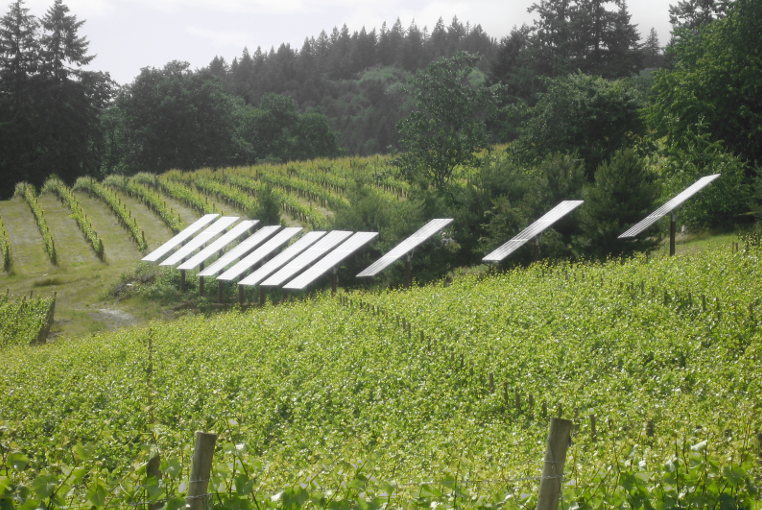Since 1995, David Fridley has been a staff scientist at the Energy Analysis Program at the Lawrence Berkeley National Laboratory in California. He is also deputy group leader of Lawrence Berkeley’s China Energy Group, which collaborates with China on end-user energy efficiency, government energy management programs, and energy policy research. Mr. Fridley has nearly 30 years of experience working and living in China in the energy sector, and is a fluent Mandarin speaker. Prior to joining the Lab, he spent 12 years as a consultant on downstream oil markets in the Asia-Pacific region and as business development manager for Caltex China. He has written and spoken extensively on the energy and ecological limits of biofuels. David is co-author with Richard Heinberg of Our Renewable Future: Laying the Path for One Hundred Percent Clean Energy (2016). David is a Fellow of the Post Carbon Institute.




